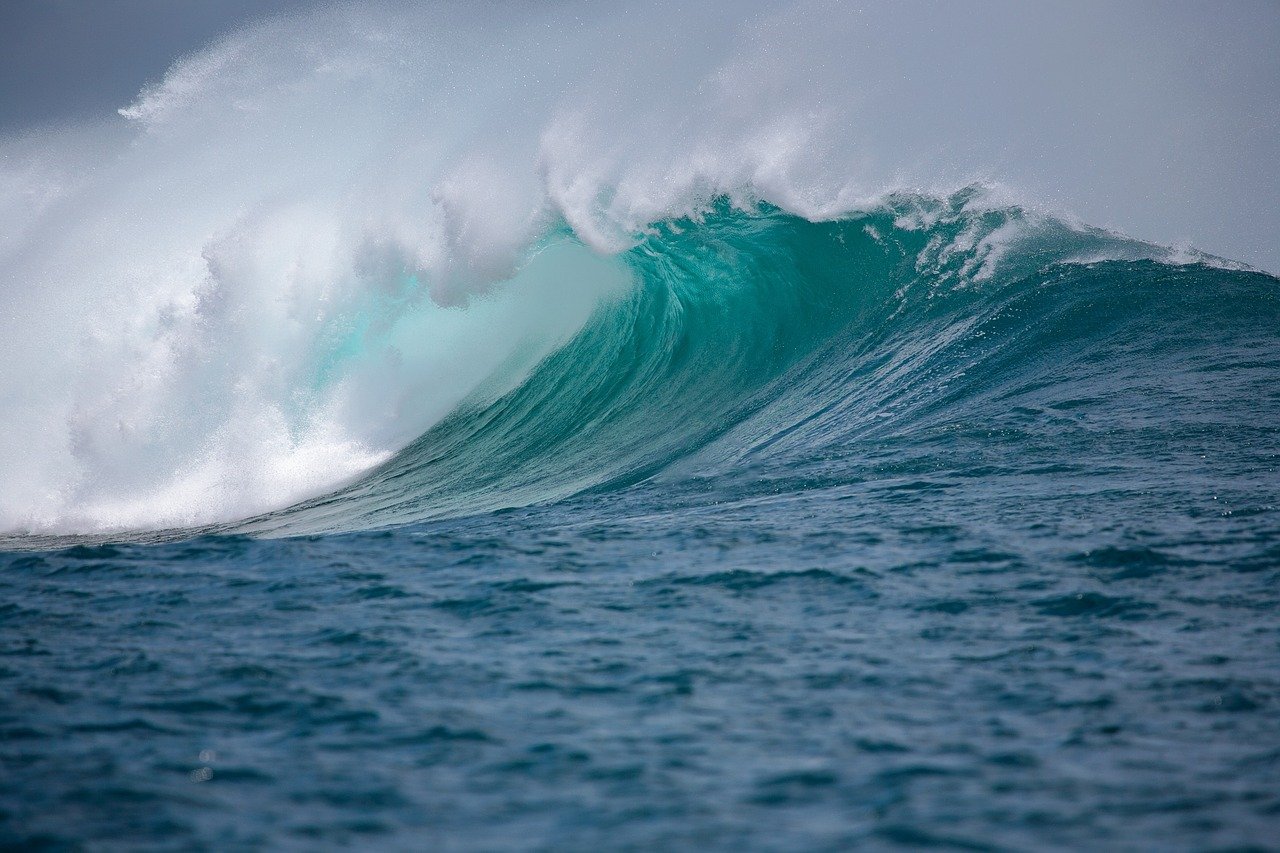Researchers from Plymouth Marine Laboratory (PML) and the University of Exeter are warning against rapid expansion of carbon removal via Direct Ocean Carbon Capture and Storage (DOCCS) until its environmental effects are better understood.
In a paper published in Frontiers in Climate, the team presents the first in-depth review of DOCCS impacts, drawing on existing studies and results from their SeaCURE pilot project.
The technology removes dissolved inorganic carbon from seawater, then returns the decarbonized, high-pH water to the ocean, where it naturally absorbs more CO2.
While ocean carbon removal could play a role in climate mitigation, lead author Guy Hooper cautioned that without proper safeguards, the process could harm marine organisms.
“It’s clear from our lab-based experiments that returning treated decarbonized and high pH seawater to the Ocean, without sufficient dilution, could place stress on certain marine organisms,” he said.
Key concerns include reduced carbon availability for photosynthetic and shell-building organisms, potential physiological stress from elevated pH, and unknown ecosystem-wide impacts.
Relevant: Opinion: Ocean-Based Solutions: The Missing Link In Shipping’s Decarbonization Strategy
The researchers call for further lab experiments, long-term monitoring, mesocosm trials, and chemical modelling before commercial deployment.
Co-author Helen Findlay stressed that “environmental research must keep pace with technological development to ensure these promising potential ‘solutions’ don’t cause unintended harm.”
Pilot DOCCS projects are already underway in the UK and elsewhere. The authors hope their findings will help shape industry standards and climate policy.
Read more: New Independent Audit Deems Gigablue’s mCDR Approach Environmentally Safe
